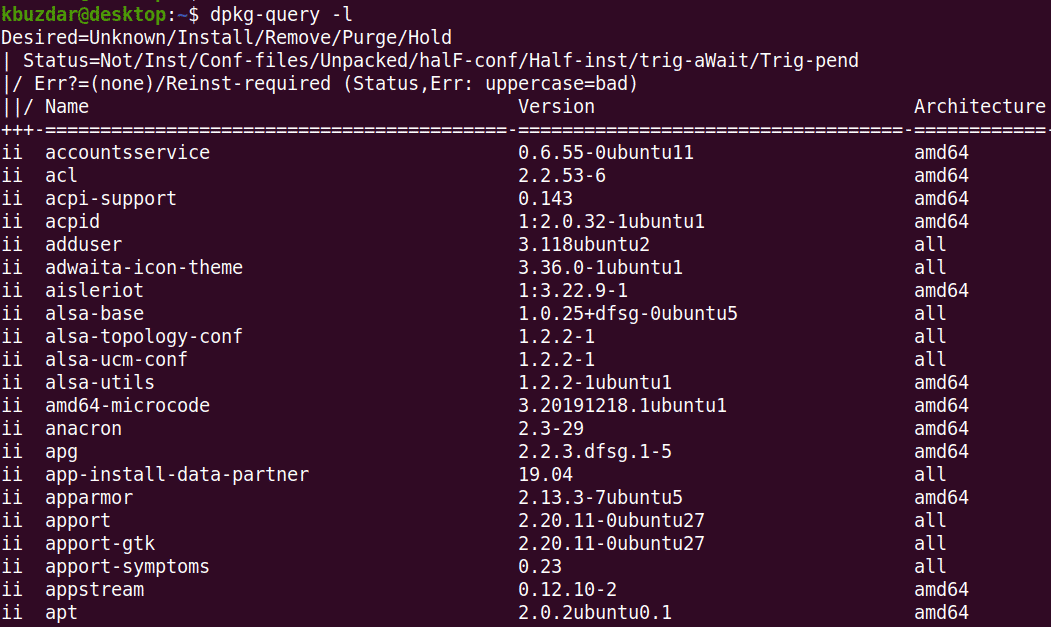

We first delete the /etc/apt/sources.list file using the following command to resolve this.Next → ← prev Introduction to Ubuntu Packages When none of the packages we try to install are installed, it is most likely this error. /etc/apt/sources.list is corrupted or missing.

If the package does not pop up, that means we need to download it manually via a third party.

We can verify using the apt-cache command. It is possible that the package under search is not yet available in the official Ubuntu package directory. Please ensure we are in the right directory and provide the absolute path to the. This error may arise when we try to download the package directly after downloading the. We also make sure to provide a proper name with the version desired. Make sure NOT to repeat or omit the alphabets and keep in mind that Ubuntu is case-sensitive. We may have typed in the incorrect package name by mistake. This is the most common error encountered that may arise for several reasons and hamper your installation. This error occurs when we download a package that can’t be located. These include problems regarding package location or version issues. We may encounter several problems while locating the desired package. Possible issues encountered during package search. To list the packages available on our system, we type in the following command.

A package manager embodies various apt commands like apt-get, apt show, apt-cache, etc. APT (Advanced Packaging Tool) is the main command for installing, removing, or managing packages. We can think of aptitude as a neural center that is used when we need to see a detailed view of all the packages on our system. Both deal with linking the Debian management system to the available online repositories. The apt confusion.įirst and foremost, we distinguish between apt, aptitude, and apt-get commands. However, the most commonly used are apt and apt-get commands. These packages can be detected via tools like Synaptic package manager. One such problem may be package detection. That means it has various third-party applications developed by the community to aid in various problems we may face in day-to-day life. Listing packages on Ubuntu.Īs stated before, Ubuntu is an open-source operating system. So without further ado, let us delve into it. We will also go over the list of problems that may arise during your search and how to ward them off. So in this article, we will walk through the process of package location on Ubuntu. Often, we have a problem locating the packages installed on our system or looking for the ones to install. It offers users full flexibility, allowing them to add custom packages to their system. Ubuntu is an open-source operating system.


 0 kommentar(er)
0 kommentar(er)
